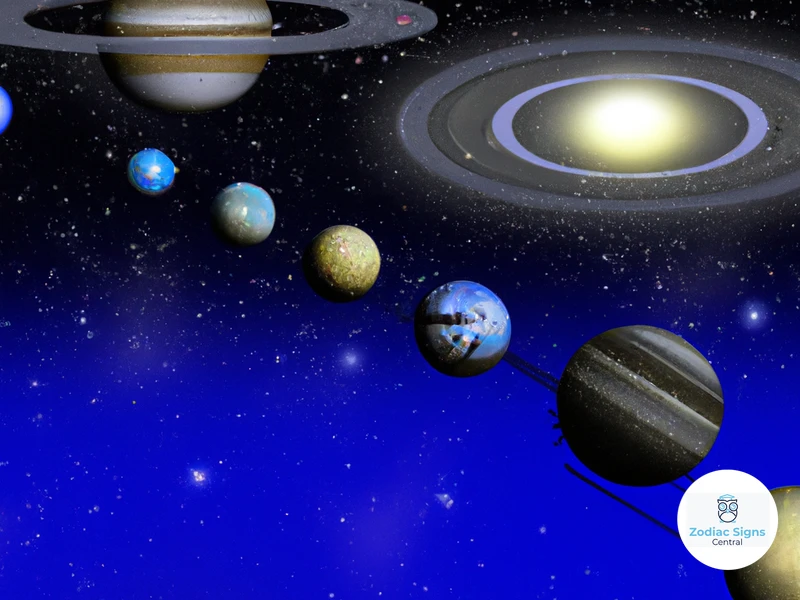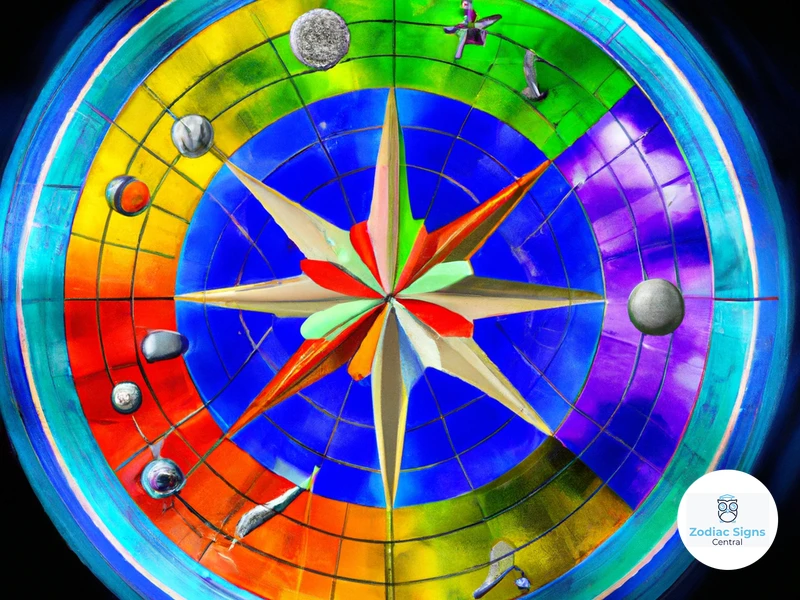Astrology has long been a fascination for many, providing insights into our personalities, relationships, and even our future. One crucial aspect of astrology is understanding and interpreting transits. Transits in Astrology: Unlocking the Universe’s Messages is a comprehensive guide that will take you step-by-step through the process of interpreting and analyzing transits. Whether you’re a seasoned astrologer or just starting your journey, this article will equip you with the knowledge and tools needed to unravel the hidden meanings behind the celestial movements. So, get ready to dive deep into the cosmic realm and discover how transits can shape and influence our lives.
Transits in Astrology: An Overview

Transits in astrology refer to the movement of planets as they make their way through the zodiac. These planetary transits are like cosmic conversations, where the current positions of the planets interact with our birth chart, creating a unique energetic pattern. Each planet carries specific energies and symbolism, and as they transit through different signs and houses, they exert their influence on our lives and shape our experiences.
Interpreting Transits
Tools for Analyzing Transits

Common Transits and their Meanings
Conclusion

Frequently Asked Questions
What is the difference between a transit and a natal aspect?
A transit refers to the current movement of planets in the sky, influencing the energies of our birth chart. On the other hand, a natal aspect is the positioning of planets at the time of our birth, forming angles and relationships that shape our personality and life path.
How do transits affect our daily lives?
Transits can greatly impact our daily lives by influencing our thoughts, emotions, and actions. They can bring about changes in relationships, career opportunities, or personal growth. Understanding transits allows us to navigate these energies and make the most of the cosmic influences present in our lives.
Can transits predict specific events?
While transits can provide insights into potential trends and themes in our lives, they cannot predict specific events with certainty. Instead, they offer a broader understanding of the energies at play and can guide us in making informed decisions and choices.
How long do transits last?
The duration of transits varies depending on the planet involved. For faster-moving planets like the Moon, the effects of a transit can last a few hours or days. Slower-moving planets like Saturn or Pluto, on the other hand, may have longer-lasting transits that span months or even years.
Can transits affect all areas of life equally?
Transits can influence all areas of life, but their impact may vary depending on the specific planet, sign, and house involved. Certain transits may have a stronger effect on career or relationships, while others may be more related to personal growth or health. Analyzing the houses and signs can provide insights into the specific areas of life that may be more affected.
How can I track transits?
An ephemeris is a helpful tool for tracking transits. It provides information on the daily movement of planets, allowing you to see the timing and duration of transits. Additionally, astrology software can simplify the process by calculating and displaying transits based on your birth chart.
Can transits explain sudden changes or shifts in life?
Transits can certainly shed light on sudden changes or shifts in life. They can provide insights into the energetic influences behind these events, helping us understand the timing and possible reasons for such shifts. Studying transits can offer guidance on how to navigate and make the best use of these transformative periods.
Do all transits have the same intensity?
No, all transits do not have the same intensity. The influence of a transit can range from subtle to intense, depending on various factors such as the planets involved, their aspects, and the houses and signs they occupy. Some transits may bring about gentle shifts or opportunities, while others may trigger more significant changes and challenges.
Can transits affect our emotions and moods?
Absolutely! Transits have a direct impact on our emotions and moods. For example, a challenging aspect between Mars and the Moon may bring about feelings of anger or frustration, while a harmonious aspect between Venus and Neptune can enhance feelings of love and compassion. Understanding these influences can help us navigate and manage our emotions effectively.
Are there any precautions to take during difficult transit periods?
During difficult transit periods, it can be helpful to practice self-care and be mindful of our well-being. This may involve seeking support from loved ones or professionals, engaging in stress-relieving activities, and staying grounded through practices such as meditation or journaling. It’s also important to remember that challenging transits can be opportunities for growth and self-discovery.








